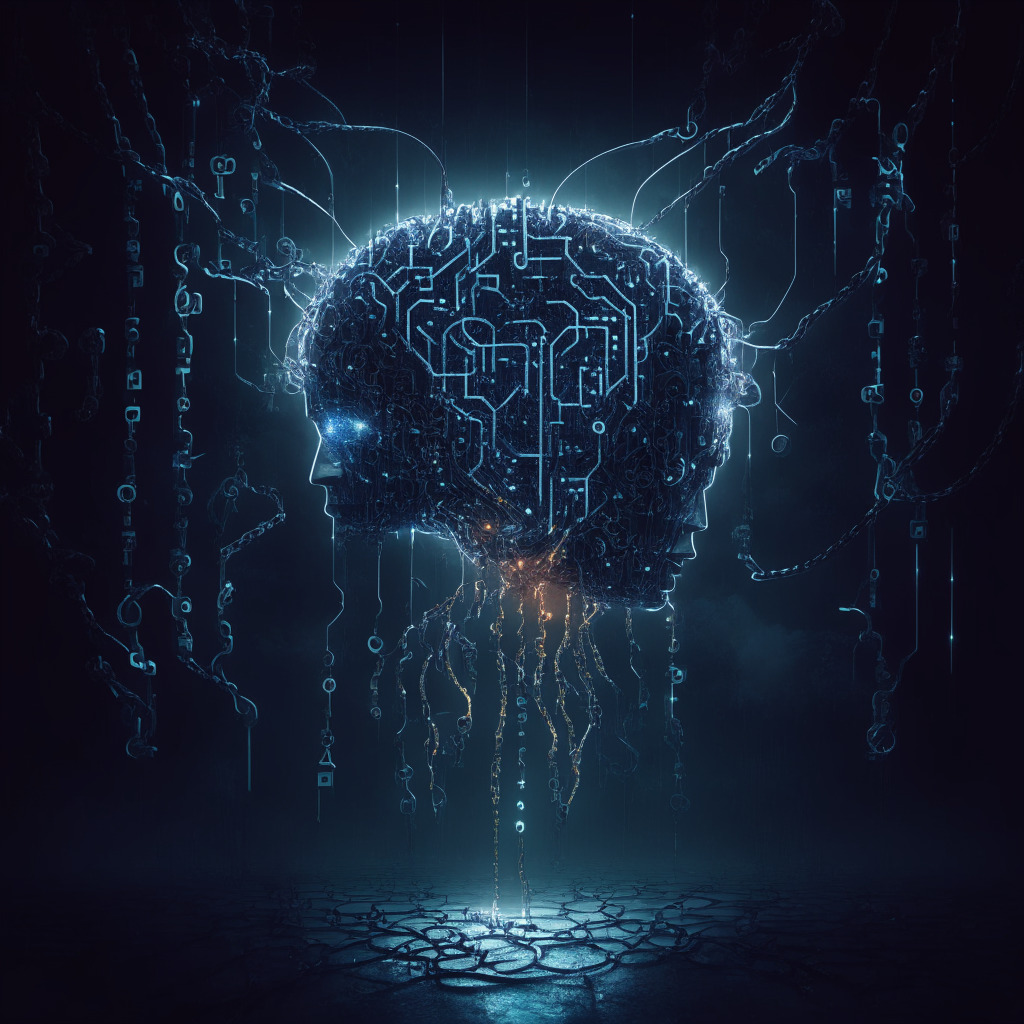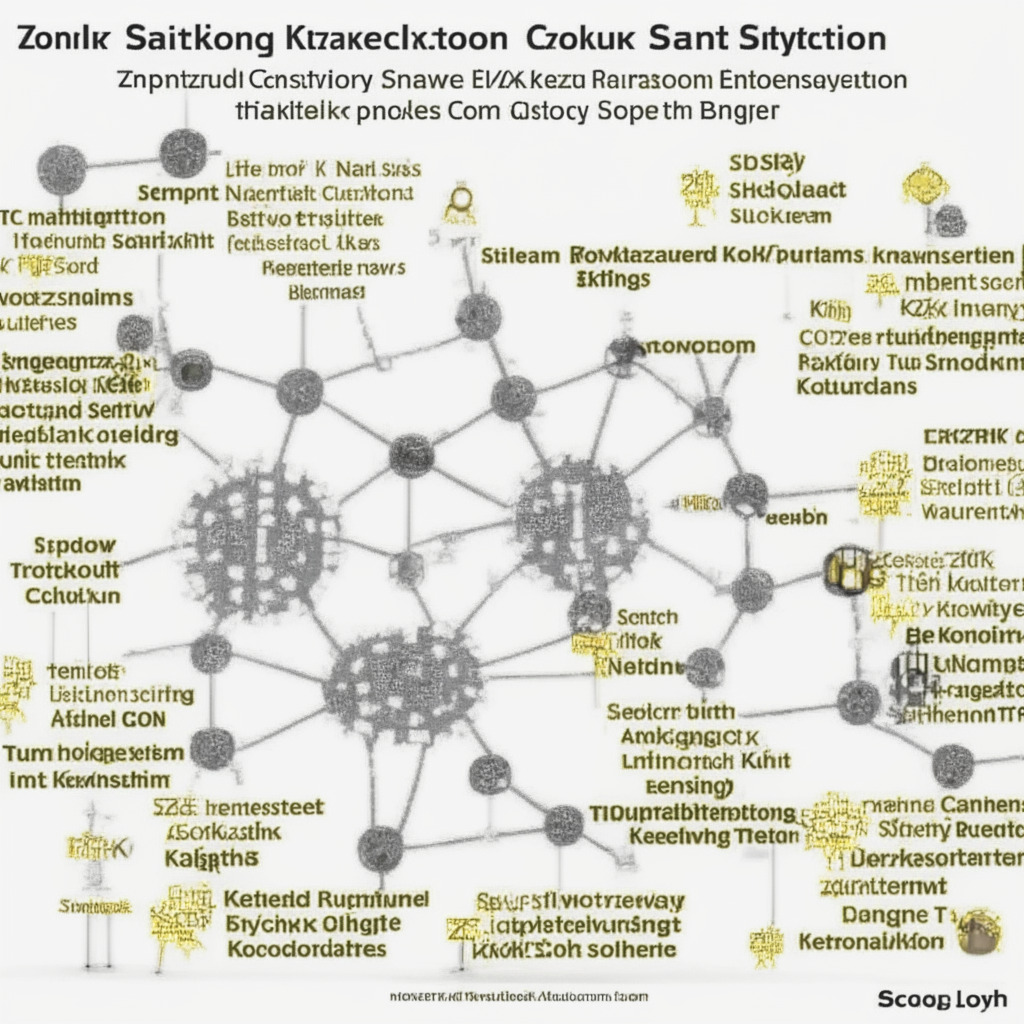Artificial Intelligence (AI) is undeniably revolutionising various sectors, including the blockchain and cryptocurrency space. But how secure and juicy is its adoption in writing smart contracts and building cryptocurrency projects? According to Kang Li, Chief Security Officer for the blockchain security company CertiK, inexperienced programmers who deploy AI tools such as ChatGPT to erroneously build smart contracts are heaping up a recipe for disaster.
AI tools, Kang Li argues, might not effectively pick up logical code bugs as experienced developers would. In fact, their usage could escalate the generation of more bugs than they identify. This phenomenon could bring catastrophe to newbie or amateur programmers with a dream to create their own projects. Kang Li feels bothered by the possibility of the existence of morphological design problems when the attackers begin to infiltrate.
Therefore, as a better and safer way of navigating blockchain programming, Kang Li suggests the use of ChatGPT as an engineer’s assistant. His reasons? The AI tool excels at explaining the meaning of a line of code. It is an ultimate efficiency booster in code analysis and reverse engineering. However, Kang Li insists that it should not be heavily relied upon to write code especially by those who have not fully honed their coding skills.
Just as AI tools are triggering concerns in blockchain programming, engineers are becoming more innovative in developing technologies that guard against potential attacks. Richard Ma, the CEO of Web3 security firm Quantstamp, shares some light on his company’s efforts to mitigate the growing sophistication in social engineering attacks.
Ma explains that his clients have fallen victim to sophisticated social engineering attempts. The recent ones have a semblance of machine learning writing emails and messages. Interestingly, the AI-generated spam emails and malicious messages are so convincing that it is becoming increasingly difficult for victims to determine whether these messages are human-generated or AI-generated.
In essence, the role of AI in the blockchain and cryptocurrency world is a double-edged sword. It presents enormous potential and resources for efficiency and scalability, but it also offers a significant challenge in terms of security and integrity. It’s a fascinating yet cautionary tale of AI technology’s integration into one of today’s most groundbreaking tech territories. The question now is how best we utilize these AI tools to tap their full potential while concrete security measures should be taken to mitigate against their potential drawbacks.
Source: Cointelegraph




